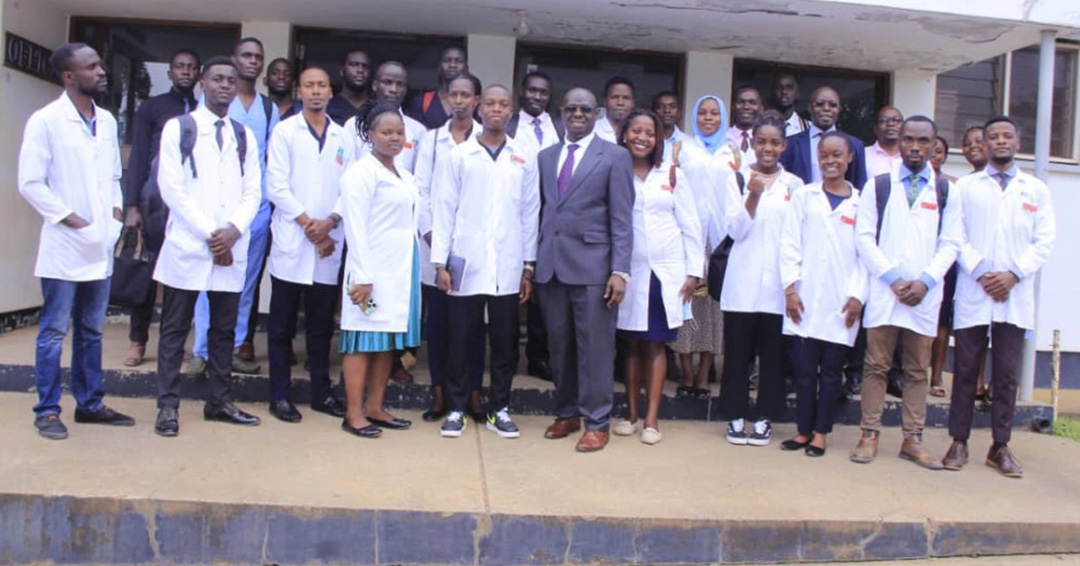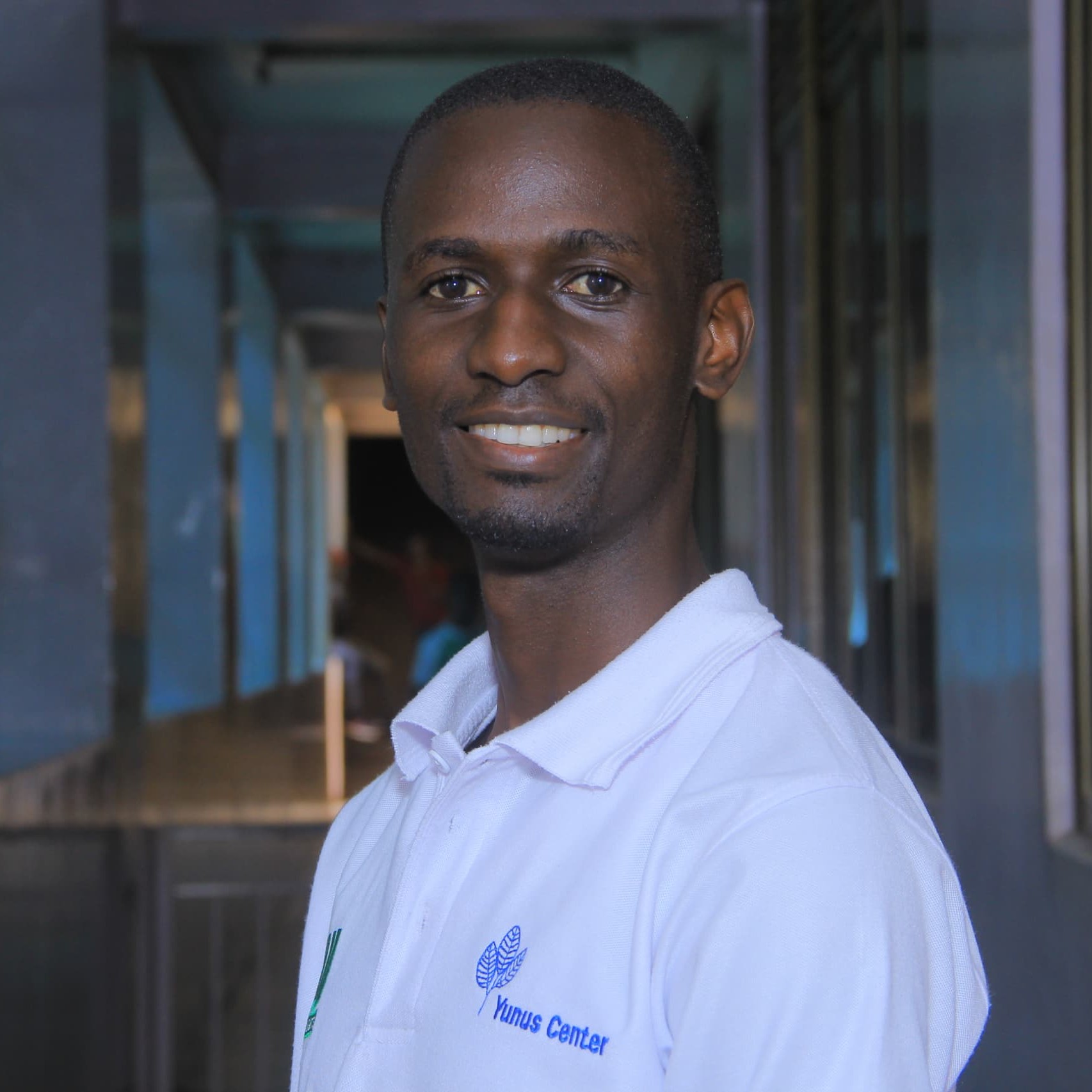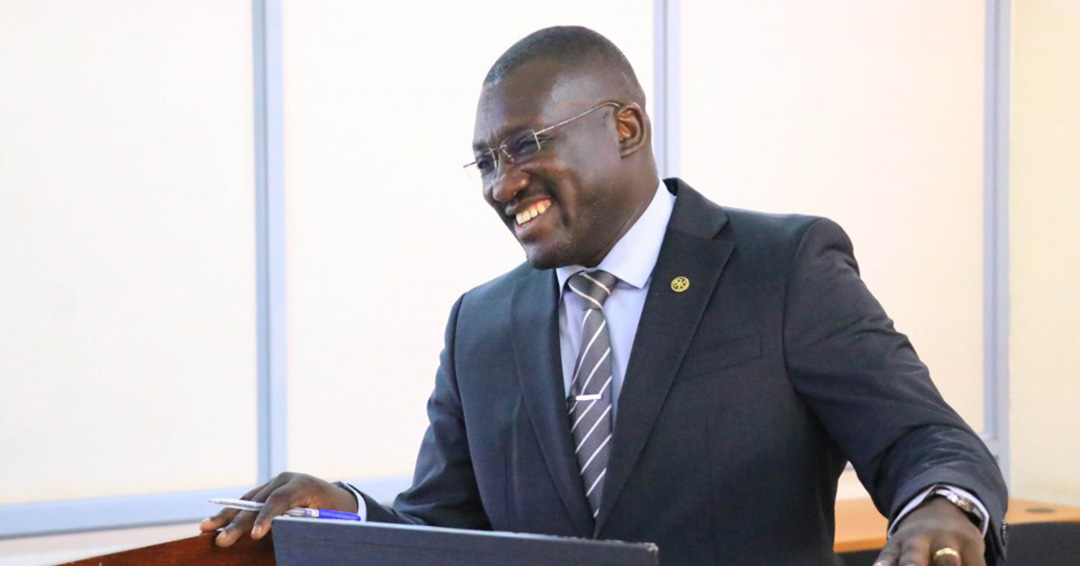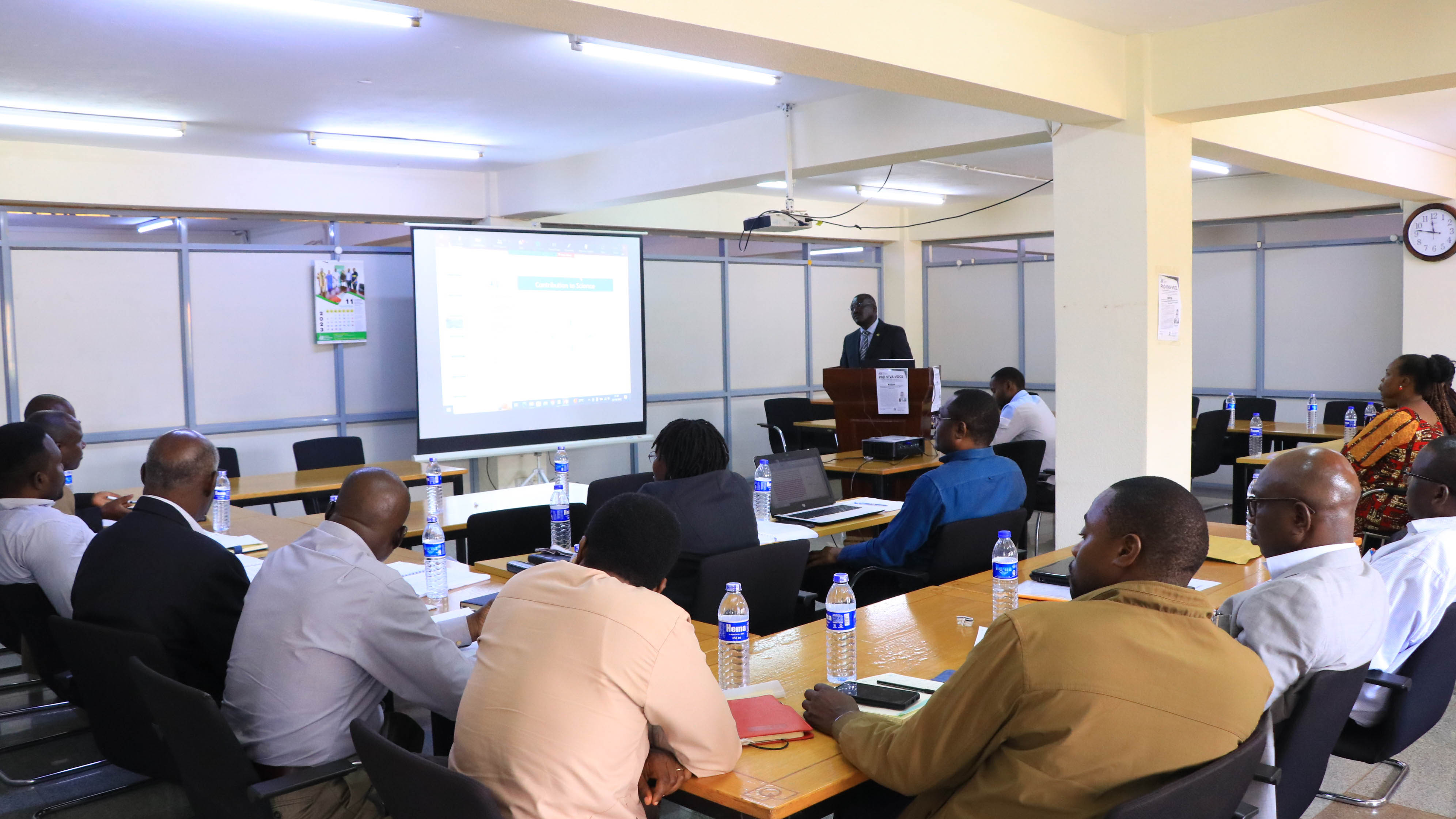
Sep
KIU Teaching Hospital Strengthens Partnership With Kitagata General Hospital
September 5, 2024, 9:40 am
 Umar Kisekka
Umar Kisekka

By Agnes Kiconco
MAIN CAMPUS- Kampala International University (KIU) PhD student John Kameri Ochoko on Tuesday, 31st October, 2023 presented a study on "Spatial-Temporal Changes, Alternative Livelihood Options and Management of Limoto Tropical Riverine Wetland in Eastern Uganda".
The PhD student from the School of Natural & Applied Sciences revealed that the study assessed the effectiveness of a community-led wetland restoration and conservation initiative in Limoto Wetland, focusing on alternative livelihoods.

Limoto wetland is an extension of the Mpologoma wetland system in the Kyoga basin. Its vital ecosystem has over the years supported rural livelihoods through the provision of ecological goods and services. However, due to a heightened increase in land use activities in the wetland like rice growing, the wetland has been faced with rapid degradation, leading to a major decline of the ecosystem.
Despite efforts and reports of restoration of the wetland, there are challenges and setbacks. "Interventions yielded positive results, with visible wetland recovery within five years of the program. However, re-encroachment into the wetland occurred at nearly twice the recovery rate by the end of the fifth year," he stressed.
"The subsequent re-encroachment was triggered by misperceptions among local communities regarding the ongoing nature of the interventions particularly, the top-down approach of the government, inadequate dissemination of livelihood options, and a sense of imposition on the community", Ochoko added.
Therefore, for effective restoration and conservation to take place, his study recommends a community-led (bottom-up) approach for future wetland restoration interventions which places local communities at the forefront thereby ensuring their active participation and ownership in the process.
Limoto wetland restoration and conservation plan is in line with the Ugandan Government’s plan to reclaim over 1,900 hectares of wetland that have been encroached mainly by rice farmers.
Kampala International University,
Box 20000, Ggaba Road, Kansanga, Kampala
+256-760 502660
+256-700 100808